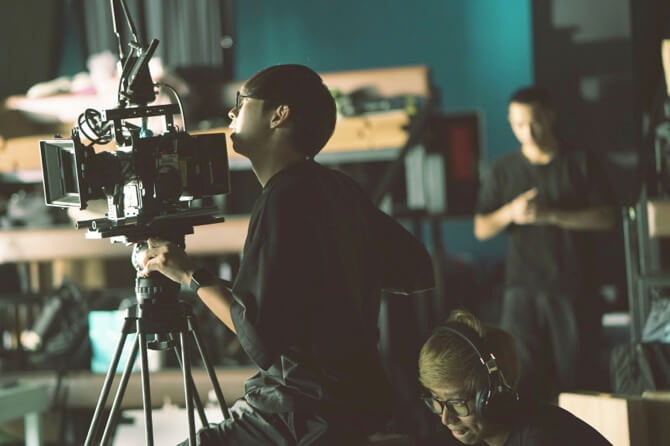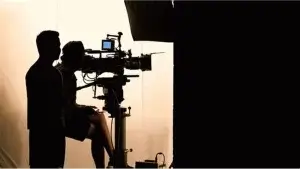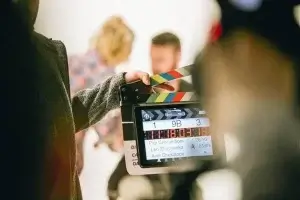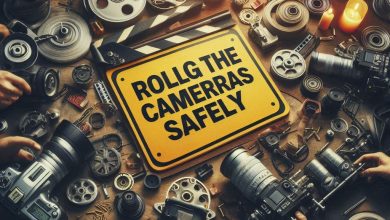Protecting Your Vision: Easy Steps to Insure Your Film Project
Protecting Your Vision

Creating a film is an exciting journey that requires a lot of imagination, teamwork and many hours of labor. However, many producers or independent filmmakers ignore the physical aspect of filmmaking, including first light, camera and script: insurance. For example, you will not drive a car without insurance, making a film without the right type of coverage highlight the dangers that can ruin your whole effort. The good news is that it is easy to get insurance for your film. You can protect your investment and maintain the smooth operation of your manufacturing using some straight stages.
Why film insurance matters
People, equipment, settings and unexpected conditions are all part of the film production process. Land, equipment damage, or accidents can cost thousands of dollars and possibly your project can be abandoned. Film insurance acts as a safety trap, preventing these dangers from turning into a cripple financial burden. Apart from their legal safety, it is important for independent filmmakers to defend your artistic vision.
Step 1: Assess the scale of your project
Knowing the size of your film is the first step in getting insurance. A small student made on equipment borrowed in a feature-length production with a large actors and crew will be different insurance requirements compared to the film. Make a list of everything you need, including camera, lighting, sound equipment, costumes, props, and settings. If you can determine the size and scope of the project, it will be easy to select the proper type and degree of coverage.
Step 2: Learn types of coverage
Film insurance is not universally applicable. Consider the following specific policies:
General liability insurance: Provides coverage for accidents on the set, as if someone is stumbling on the machinery.

Equipment Insurance Guard against damage, damage and cameras, lighting and theft of other equipment.
If a famous actor becomes ill or unable to continue filming, the artist pays for insurance expenses.
Insurance for errors and omissions (E&O): It is necessary for delivery and guard against cases of copyright, defamation and privacy violations.
Understanding which policies are the most important for your film, will help you save money and prevent unnecessary expenses.
Step 3: Get quotes from special brokers
Each insurance provider is not aware of the special requirements of the film industry. Look for brokers who are experts of insurance for entertainment. They are able to clarify the options, modify coverage to suit their needs, and often work on a limited production budget. You may be surprised to know how cheap cheaper basic coverage can be, so don’t be afraid to compare prices.
Step 4: Create an initial insurance budget
Treating insurance is a mistake that many filmmakers do. Rather, include it in your budget from the beginning. Investing upfronts in insurance, whether it is through crowdfunding, grant application, or personal finance, will later save you. Additionally, before evaluating their work, some distributors and film festivals require evidence of coverage.
Step 5: Keep the document organized
After receiving coverage, maintain easy access to all papers. Distribute them to important crew members, producers, contract handlers and whatever they are. In addition to making things more smoothly, well -organized documentation displays professionalism, something that will give importance to investors and partners.
Final technology
Your film production insurance will not have to be a burden. You can spend less time to think about potential problems and think more about time, by dividing it into managed stages, tell stories, such as evaluating your needs, understanding coverage options, consulting with experts, consulting with experts, creating a small budget, making a small budget, making a small budget, making a small budget, and maintaining the organization.

The attraction of filmmaking is ultimately worthy of conservation, and a small plan can lead a long way towards preserving your ideal effort.




